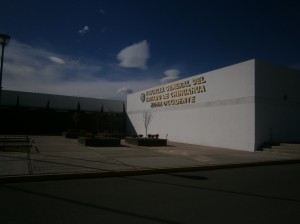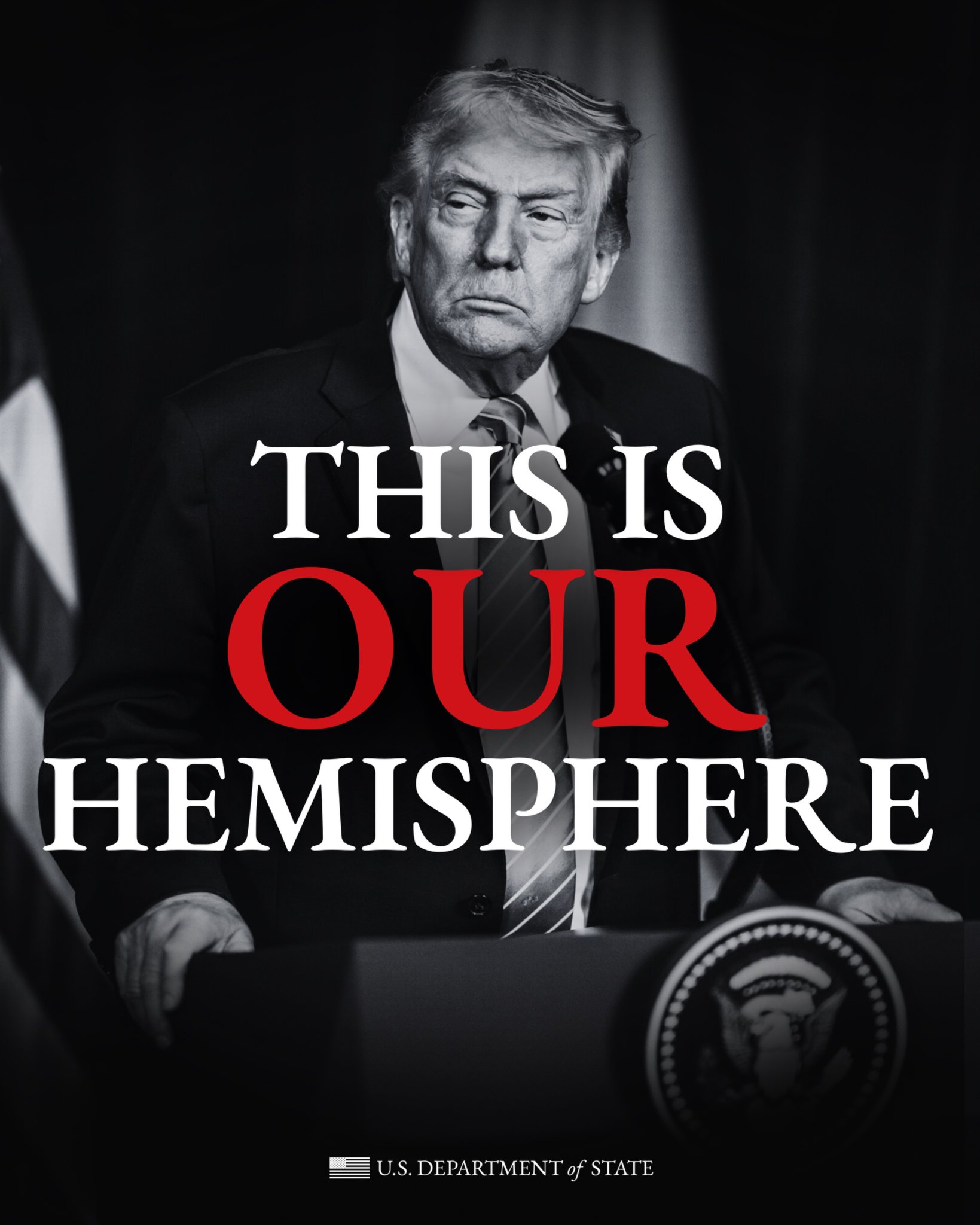Five Years Later, U.S.-Backed Legal Reforms in Mexico Show Few Results
It has been five years since Mexican legislators approved a series of changes to Mexico’s constitution relating to security, the justice system, and organized crime. The changes, it was promised, would make the courts system more reliable and open, and protect the rights of citizens. The reforms introduced spoken arguments in trials, the presumption of innocence and an adversarial criminal process, marking what experts call a “paradigmatic shift in Mexican jurisprudence.”
While the new system has support in high places, it also has its detractors, many of whom point out that the legal reforms were “Made in the USA.”
It’s “the Monroe Doctrine applied in our courts, and, in short, all the way to the Supreme court,” according to Francisco Rodriguez, a Mexican columnist.
For Oscar Castrejón Rivas, President of the Lawyers College of Chihuahua, the constitutional adjustments and the changes to the Mexican legal system that they imply have done little to improve access to justice in Mexico. His organization represents eight law associations in Chihuahua State.
“What has happened, in our view as community members from Chihuahua and also as members of lawyers’ forums, is a counter reform, something very distinct from what was promised by Washington through USAID,” Castrejón said during an interview earlier this year.
Chihuahua was a pilot state for the legal reform, which as of June 2012 has been introduced in 20 of the country’s 31 states and Federal District. Since the new Criminal Procedure Code became effective in Chihuahua on Jan. 1, 2007, there have been over 300 reforms to the penal code. According to Castrejón, these reforms have pushed his state’s legal system back into the dark ages.
Castrejón is a busy man, with a practice in Chihuahua City and clients all over the state. I interviewed him as he drove his white Mini Cooper from his office to the nearby city of Cuauhtémoc. I asked him what concretely has changed and he rattled off one example after another.
Because of the reforms, he says, people accused of stealing an item worth less than $25 can be held without bail. Diversion programs were cancelled, multiple sentences were made consecutive instead of simultaneous, and life sentences were introduced. The defense is no longer allowed to see the investigation file before hearings, he says, and eyewitnesses can testify directly in front of prosecutors without a defense attorney present.
“Legislative power and juridical power cozied up to executive power, and they cancelled many of the rights that were originally in the Criminal Procedure Code, and which are in our constitution, basically cancelling out the presumption of innocence, which is the central axis of the adversarial criminal system,” said Castrejón. In addition to making the system less just, he says, the changes have also failed to reduce crime. “Two years ago, that was the argument so that the population would accept these reforms… Two years later, what we see is that crime is worse.”
Management Systems International (MSI), which was contracted by USAID to promote and carry out legal reforms in Mexico, maintains Chihuahua has what is “considered to be the most advanced, progressive criminal justice Code in Latin America.” MSI, using U.S. taxpayer money, sent politicians from Chihuahua to Chile and Argentina to study their justice systems. Both South American countries underwent the transition towards an accusatorial system in the 1990s, funded by USAID, the World Bank, the United Nations and the Inter-American Development Bank.
USAID reports praise the reforms and claim they’re working. But Castrejón isn’t alone in feeling duped by the changes. According to a 2011 study by the University of San Diego’s Trans-Border Institute, “More than half of the respondents —especially judges— indicated that Mexico’s traditional inquisitorial system was both efficient and effective, and at least a third feel that the traditional system was disparaged by a deliberate, negative campaign designed to promote a shift to the new adversarial system.”
The ongoing reforms to Mexico’s legal system represent the most recent development in campaigns that have spanned decades attempting to change the way laws are written and enforced south of the U.S. border. USAID has been sponsoring Rule of Law programs in Latin America since JFK launched the Alliance for Progress at the apex of the cold war. And after more than 50 years of U.S.-designed attempts at legal reform, some experts do not see progress.
“I don’t think there is any evidence that these programs work,” legal scholar and University of North Carolina at Chapel Hill law professor Deborah M. Weissman told the Americas Program.
“There’s no doubt that the Mexican legal system needs improvement. Mexicans know that,” said Weissman. “They’re not doing nothing about it. What they’re doing is vastly different than what the United States is pushing on them.” When the reforms started, Mexican jurists felt that the reforms came from the top down, without meaningful participation from local lawyers or judges or examination of existing Mexican Rule of Law initiatives, explains Weissman.
Weissman points out that what the U.S.-backed legal reform programs are doing in Mexico is strengthening prosecutors, and that there is no training for jury trials under the new system. “If you look at the allocation of Rule of Law money; it’s for surveillance it’s for ‘activating’, whatever the heck that means, new prisons in Mexico; it’s for training Mexicans with regard to the adversarial and oral trial systems, yet they do not introduce the jury system.”
A study carried out by researchers working for the University of California Institute for Mexico and the United States found that compared with citizens of other countries, Mexicans expressed confidence in the ability of jurors to make fair decisions, and showed willingness to participate as jurors. “The great majority of Mexicans have also supported the broader application of lay participation in the administration of justice,” reads the study. Regardless, in the U.S. government reports reviewed by Weissman, there is no reference to training or introducing jury trials in Mexico.
U.S. funding for legal reforms in Mexico was integrated into the Mérida Initiative, a U.S. foreign aid package launched in Mexico in 2008 to provide funding and support for militarizing the drug war. In 2009, USAID awarded a $66.3 million dollar contract to Coffey International, the Australian company that owns Management Systems International. The contract, which ends in 2014, was to provide “support for legal reforms” in Mexico as part of the Merida Initiative.
“These Rule of Law programs are always married to military expansion, just like the Merida Initiative,” said Weissman, who notes that Rule of Law programs are a centerpiece of the U.S. Army’s counterinsurgency manual. “You have a Rule of Law program in what is essentially a plan to militarize the drug war. You see that everywhere.”
Weissman, whose detailed examination of the U.S. role in Mexico’s legal reforms will be published next year in the Cardozo Law Review, is skeptical about what exactly the United States has to teach other countries about law. “We are so punitive, and so disproportionate, and so racist, how could we be the model?” she asked.
Dawn Paley is a freelance journalist and independent researcher. She is regular contributor to the CIP Americas Program www.americas.org . See more of her work online at dawnpaley.ca
*Photo by Dawn Paley




